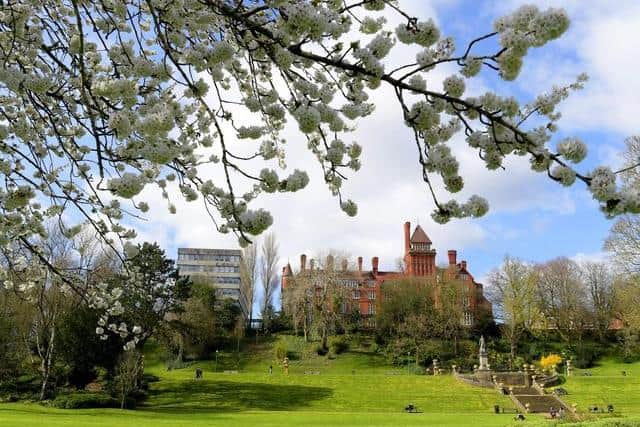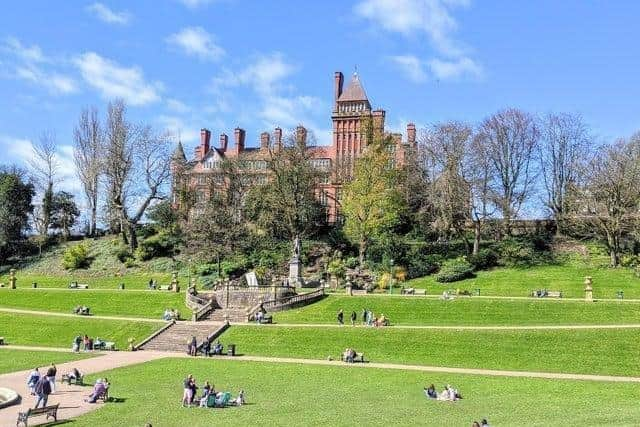When do the clocks go forward in 2022 in the UK? Date British Summer Time starts and why we have the ritual
and live on Freeview channel 276
That’s because of our ritual of moving clocks forward and back an hour, depending on the time of year. And don’t get us started on remembering how to use that oven clock.
So here is a handy guide as we head into British Summer Time this weekend.


When do the clocks go forward?
Advertisement
Hide AdAdvertisement
Hide AdEven though it was officially spring from last Sunday, March 20, we are currently still on “winter time” until we set our clocks forward an hour this Sunday (March 27).
When the clocks go forward at 1am on Sunday, it will mark the start of British Summer Time (BST) – also known as Daylight Saving Time.
The clocks will return to ‘winter time’, known as Greenwich Mean Time (GMT), when they go back an hour on October 30 at 2am.


Why do we change the clocks twice a year?
British Summer Time (BST), also known as Daylight Saving Time, was initially designed to help people maximise their sunlight hours all throughout the year.
Advertisement
Hide AdAdvertisement
Hide AdIt was created following a campaign led by British builder, William Willett, in 1907, with the Summer Time Act of 1916. Willett wrote about his proposal in a pamphlet called The Waste of Daylight, which was published in 1907.
Willett (who is actually Coldplay frontman Chris Martin’s great-great-grandfather), proposed the idea to keep days longer in the summer so he could play golf for longer.


In the pamphlet, Willett wrote: “Nevertheless, standard time remains so fixed, that for nearly half the year the sun shines upon the land for several hours each day while we are asleep, and is rapidly nearing the horizon, having already passed its western limit, when we reach home after the work of the day is over.
“Under the most favourable circumstances, there then remains only a brief spell of declining daylight in which to spend the short period of leisure at our disposal.”
Advertisement
Hide AdAdvertisement
Hide AdThe new system was also thought to benefit more than just keen golfers, but also that making the most of natural sunlight would conserve energy, which was essential during World War I when coal was limited.
After much lobbying, Willett’s idea was eventually introduced to the UK a year after his death, and just after Germany and Austria also introduced the daylight saving system. Many other countries involved in WWI also followed suit.
Will the UK ever stop changing its clocks?
While some may think it’s a good idea to make the most out of our daylight, many believe that the system isn’t that beneficial and that it actually causes major problems - especially around Europe where there are three time zones.
In 2019, the European parliament voted to scrap Daylight Saving Time altogether. Initially, the change was due to be implemented in 2021, but when EU member states were asked whether they wanted to commit to winter or summer time, an agreement couldn’t be reached.
Advertisement
Hide AdAdvertisement
Hide AdBritish charity the Royal Society for the Prevention of Accidents (RoSPA) says that one of the consequences of changing the clocks is that “more people are killed and injured on the road because of darker evenings in the autumn and winter than would be if we abolished the clock change and adopted British Summertime all year”.
After it initially announced that the European Commission was set to scrap the seasonal clock changes, RoSPA said it was “in favour of this proposal” and called upon the UK government to stick to British Summertime all year round.
Last year, Prime Minister Boris Johnson was actually asked about whether the UK would be following in the footsteps of the EU and end the need to change our clocks twice a year.
He said: “I will have a look at that suggestion… but it seems unlikely to me.”
